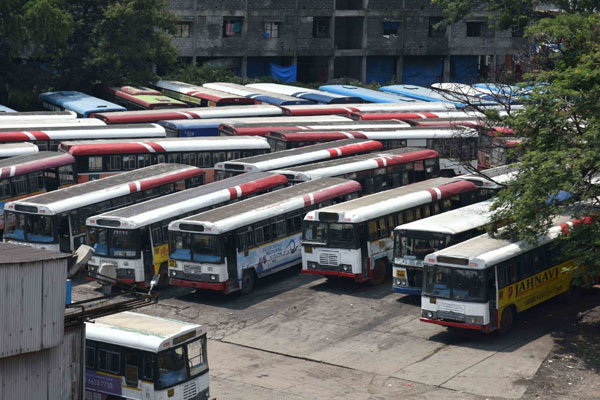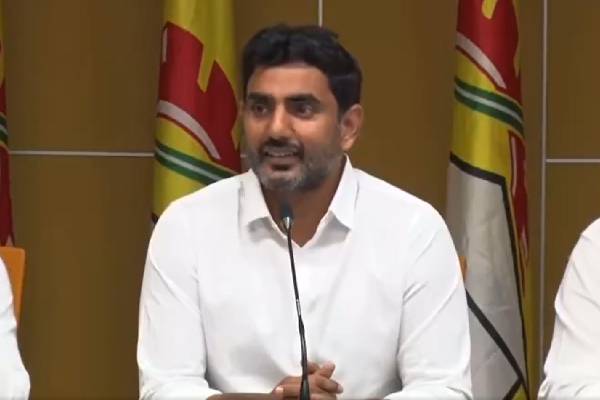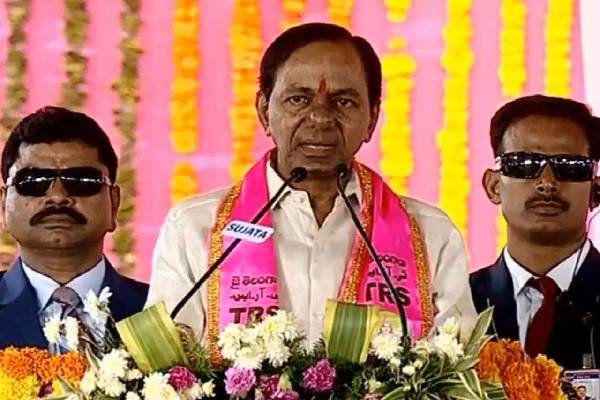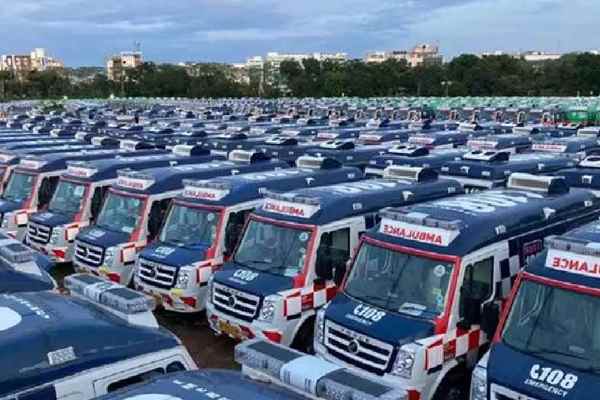The coronavirus pandemic, its impact on Telangana’s finances, challenges faced by the TRS government on various fronts, floods in Hyderabad and BJP’s emergence as the main opposition party marked 2020 in Telangana.
Like in other states of the country and other parts of the world, Covid dominated everything else during the year. Its impact on the state’s revenues also created a host of problems for the state.
One of the first states to report Covid-19 cases, Telangana did well to keep the situation under control. The state initially came under flak from public health experts and also faced ire of the state high court on several occasions for fewer testing. However, the authorities later ramped up testing and also took effective steps.
Health Minister Eatala Rajender claimed that Telangana was the first state in the country to announce lockdown and it was also the first state to alert the Centre over the spread of virus by the Tabilighi Jamaat conclave in Delhi.
After the public uproar over exploitation of pandemic situation by the corporate hospitals, the government stepped in to fix the tariff both for the Covid diagnosis and treatment.
The state government also claimed to have set an example for others by making all arrangements to send back migrant labourers to their respective states by special trains. The state government footed the bill for the same.
Hyderabad, known as the bulk drug capital of India, was also in the news for manufacturing of lifesaving Covid-19 drugs like Remdesivir, Hydroxychloroquine and Favipiravir by some of the top pharma companies based here.
Subsequently, the city also described as the vaccine capital of the world, hit the headlines for the development of vaccines for Covid-19. At least four companies based here are developing Covid vaccines. Bharat Biotech is working on India’s first indigenous Covid-19 vaccine Covaxin.
Another city-based firm Biological E last month initiated a clinical trial of its subunit vaccine candidate in India following approval from the Drugs Controller General of India (DGCI).
BE is making the vaccine in collaboration with Dynavax Technologies Corporation (Dynavax), a US-based vaccine focused biopharmaceutical company, and Baylor College of Medicine, a health sciences university in Houston.
Envoys of over 60 countries also visited the facilities of the two companies early this month. The visit was organised by the Ministry of External Affairs (MEA) and it was part of India’s efforts to develop partnerships for the manufacture and delivery of vaccines.
In October, Hyderabad saw one of the worst floods in the city’s history due to heavy rainfall. At least 50 people were killed in and around the city. Hundreds of colonies were inundated.
The TRS government came under criticism from opposition for its failure to handle floods but the government defended itself saying there is no city in the country which is not affected by floods.
Telangana also claimed to be the only state in the country to provide financial assistance of Rs10,000 each to all the families affected. The government has so far spent over Rs 600 crore for distributing the assistance among 6.64 lakh families.
The state’s relations with the Centre also came under strain with Chief Minister K. Chandrasekhar Rao alleging that the state received no funds from the Centre for tackling the pandemic and for relief and rehabilitation in the flood-affected Hyderabad. He also slammed the Centre for not coming forward to help the states facing financial problems due to the pandemic.
A war of words also broke out between the TRS and the BJP leaders over the Central funds. While the BJP leaders claimed the Centre provided funds for the state’s schemes, the TRS countered saying the state contributed much more to the Centre in the form of taxes than what it received.
The ruling party faced toughest challenges since the formation of the Telangana state in 2014. The BJP emerged as the main opposition party with its victory in the Dubbak Assembly bypoll and impressive performance in Greater Hyderabad Municipal Corporation (GHMC) elections.
Despite the impact of pandemic on its economy, the state continued implementation of various welfare schemes. It set up purchasing centres in villages to buy paddy and maize from farmers to ensure that they don’t suffer losses during the pandemic.
The state also continued to attract the investment despite the challenges. Several firms, including marquee names announced investments of over Rs 30,000 crore over the last six months.
The state also took initiatives to expand information technology to tier-II cities. Within Hyderabad, the government took measures to disperse IT growth beyond the clusters of Hitec City and Gachibowli.
Under its ambitious plans to take IT growth to all corners of the city, the government announced GRID (Growth in Dispersion) policy. Authorities issued orders to convert as many as 11 industrial parks into IT parks.
Telangana clocked over Rs 1.28 lakh crore of IT exports during 2019-20, a growth of nearly 18 per cent over the previous year. This growth was registered despite the onset of the Covid-19 during the last quarter of 2019-2020.
The growth rate was more than double the national average of 8.09 per cent and more than two-and-a-half times the rest of the nation’s average of 6.92 per cent.
The number of jobs in the IT sector in the state went up from 5,43,033 to 5,82,126, a growth of 7.20 per cent compared to national average of 4.93 per cent.
The year saw no major law and order problems. However, Maoists continued their attempts to revive their activities in the districts bordering Chhattisgarh and Maharashtra. They tried to regroup themselves by taking advantage of the pandemic situation.
In September and October, 10 Maoists were killed in separate exchanges of gunfight with police. Most of the killings happened in Bhadradri Kothagudem district bordering Chhattisgarh.
Maoists also killed a worker of the ruling TRS and a couple of others branding them as police informers.
The state also brought a new Revenue Act to usher in a new era of land transactions. Dharani portal was launched as a one stop solution for all land related transactions. The aim was to provide a transparent and corruption free system.
The registration process was stopped to ensure smooth transition to the new system. Though registration of the agricultural land resumed in October in a smooth manner, the process for non-agricultural properties was delayed. The government had to revert to the old system after the high court ruled that the government can’t insist that the applicants submit their Aadhaar card details. The hiccups dented the state’s revenues.
The Land regularisation Scheme (LRS) scheme announced by the government also evoked criticism with the opposition targeting the government for trying to fill the coffers by burdening people during the pandemic.
The government also came under attack for demolition of the old secretariat to construct a new building during the pandemic .
As one of the 10 buildings in the complex was heritage structure built in 1888 the demolition was strongly opposed by groups working for heritage conservation. Demolition of two mosques and one temple in the secretariat premises also triggered an outrage.
Strong reaction by Muslim groups forced the government to announce that the place of worship will be rebuilt. For the first time in six years, the TRS came under sharpest attack from the Muslim groups, who lodged their protest over the government organizing birth centenary celebrations of former Prime Minister P. V. Narasimha Rao.
Earlier this year, the KCR government was hailed by the community when the state legislature passed a resolution opposing the Citizenship Amendment Act (CAA), National Population Register (NPR), and National Register of Citizens (NRC).
Chandrasekhar Rao stated that the CAA and the other two processes are methods being used to ‘tinker with the inclusive and non-religious nature of the citizenship.
The year also saw the end of the bonhomie witnessed between the Telangana and the Andhra Pradesh governments since May 2019 when YSR Congress Party stormed to power in the neighbouring states. They accused each other of building illegal projects over the Godavari and Krishna rivers and sought the Centre’s intervention.
The year saw Hyderabad Metro Rail becoming the second largest metro rail network in the country with 69.2 km operational distance when the stretch from Jubilee Bus Station (JBS) to Mahatma Gandhi Bus Station (MGBS) was thrown open.

































